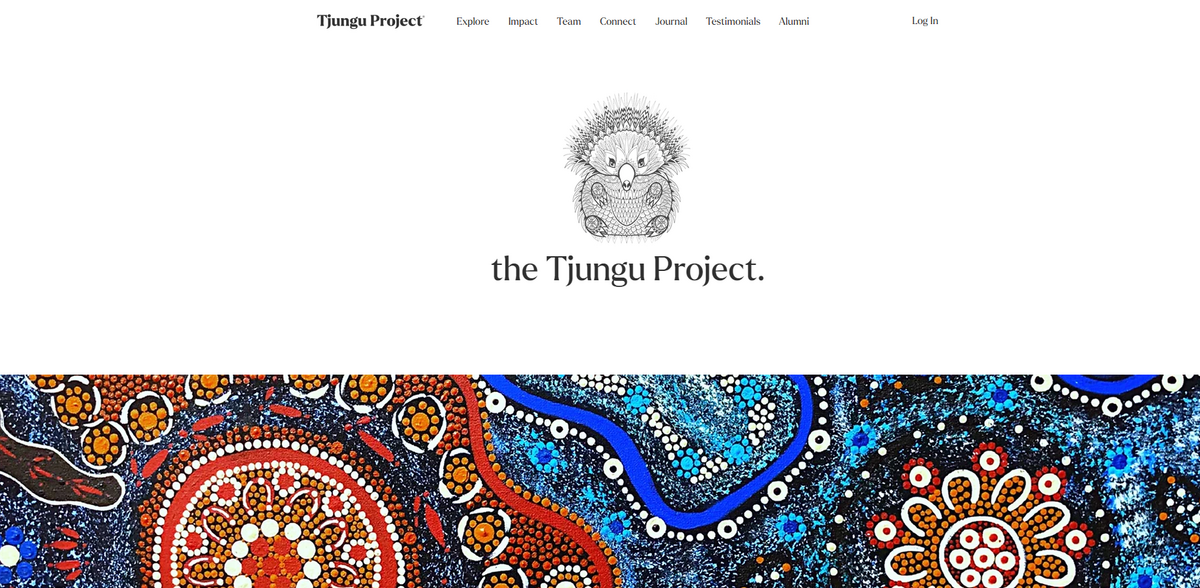Empowering Indigenous Communities through the Tjungu Project
The Tjungu Project is a unique initiative that aims to empower Australia’s Indigenous peoples by preserving their rich culture and heritage. This project is not just about preserving the past; it’s about creating a sustainable future for Indigenous communities. Through various programs, Tjungu Project connects participants with the wisdom of the world’s oldest continuous culture. The goal is to ensure that the stories, traditions, and knowledge of Indigenous peoples are passed down from one generation to the next. This article will explore the main benefits of the Tjungu Project, its unique approach, and its alignment with the United Nations Sustainable Development Goals.
Main Benefits of the Tjungu Project
- Empowers Indigenous communities through cultural preservation.
- Provides leadership training and personal development opportunities.
- Creates sustainable economic opportunities for local communities.
- Fosters intergenerational knowledge transfer.
- Promotes diversity, equity, and inclusion in all aspects of the program.
Connecting with Culture
The Tjungu Project is built on the foundation of cultural connection. It recognizes that culture is not just a relic of the past but a living, breathing entity that shapes the identity of individuals and communities. By engaging with Elders and community leaders, participants learn about the significance of their heritage. This connection to culture is vital for personal growth and community resilience. The program encourages participants to reflect on their own stories and experiences, fostering a deeper understanding of their place within the broader narrative of Australia’s Indigenous peoples.
Leadership Development
Leadership is a key focus of the Tjungu Project. The program offers participants the chance to develop essential leadership skills that are applicable in various contexts. Through workshops, mentoring, and hands-on experiences, individuals learn how to lead with integrity and purpose. The emphasis is on values-based leadership, which aligns with the principles of respect, kindness, and community. Participants are encouraged to explore their authentic selves, which is crucial for effective leadership. This development not only benefits the individuals but also strengthens the communities they belong to.
Sustainable Economic Opportunities
One of the most significant aspects of the Tjungu Project is its commitment to creating sustainable economic opportunities for Indigenous communities. The project aims to support community-owned and led businesses, providing training and mentoring for local entrepreneurs. By fostering self-determination and economic independence, the Tjungu Project helps communities thrive. This approach not only creates jobs but also ensures that profits are reinvested back into the community, benefiting Elders and Mob. The focus on sustainable business practices aligns with the broader goals of environmental stewardship and social responsibility.
Intergenerational Knowledge Transfer
Knowledge transfer between generations is a critical component of the Tjungu Project. The program emphasizes the importance of Elders sharing their wisdom with younger generations. This transfer of knowledge ensures that cultural practices, languages, and traditions are preserved. It also fosters a sense of belonging and identity among participants. By creating spaces for dialogue and learning, the Tjungu Project facilitates meaningful connections between Elders and youth. This intergenerational approach is essential for maintaining the cultural fabric of Indigenous communities.
Diversity, Equity, and Inclusion
The Tjungu Project is committed to promoting diversity, equity, and inclusion in all its endeavors. The project recognizes that every individual brings unique experiences and perspectives. By embracing this diversity, the Tjungu Project fosters creativity and innovation. Participants are encouraged to bring their whole selves to the program, creating an environment of acceptance and respect. This commitment to inclusion ensures that everyone has the opportunity to contribute and thrive, regardless of their background. The Tjungu Project believes that a diverse community is a strong community.
Conclusion: Aligning with Sustainable Development Goals
The Tjungu Project is not just a cultural initiative; it is a movement towards sustainable development. By empowering Indigenous communities, promoting leadership, creating economic opportunities, facilitating knowledge transfer, and embracing diversity, the project aligns with several United Nations Sustainable Development Goals. These goals include:
- Goal 1: No Poverty
- Goal 4: Quality Education
- Goal 5: Gender Equality
- Goal 8: Decent Work and Economic Growth
- Goal 10: Reduced Inequalities
- Goal 16: Peace, Justice, and Strong Institutions
For more information about the Tjungu Project and how you can get involved, visit Tjungu Project.


















